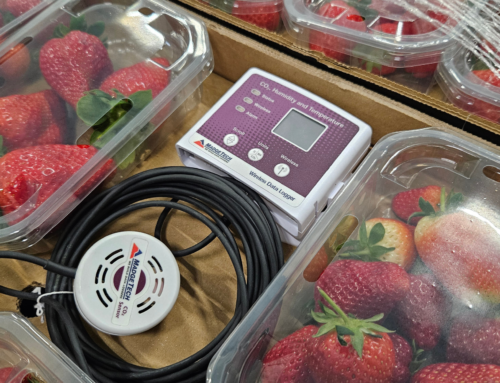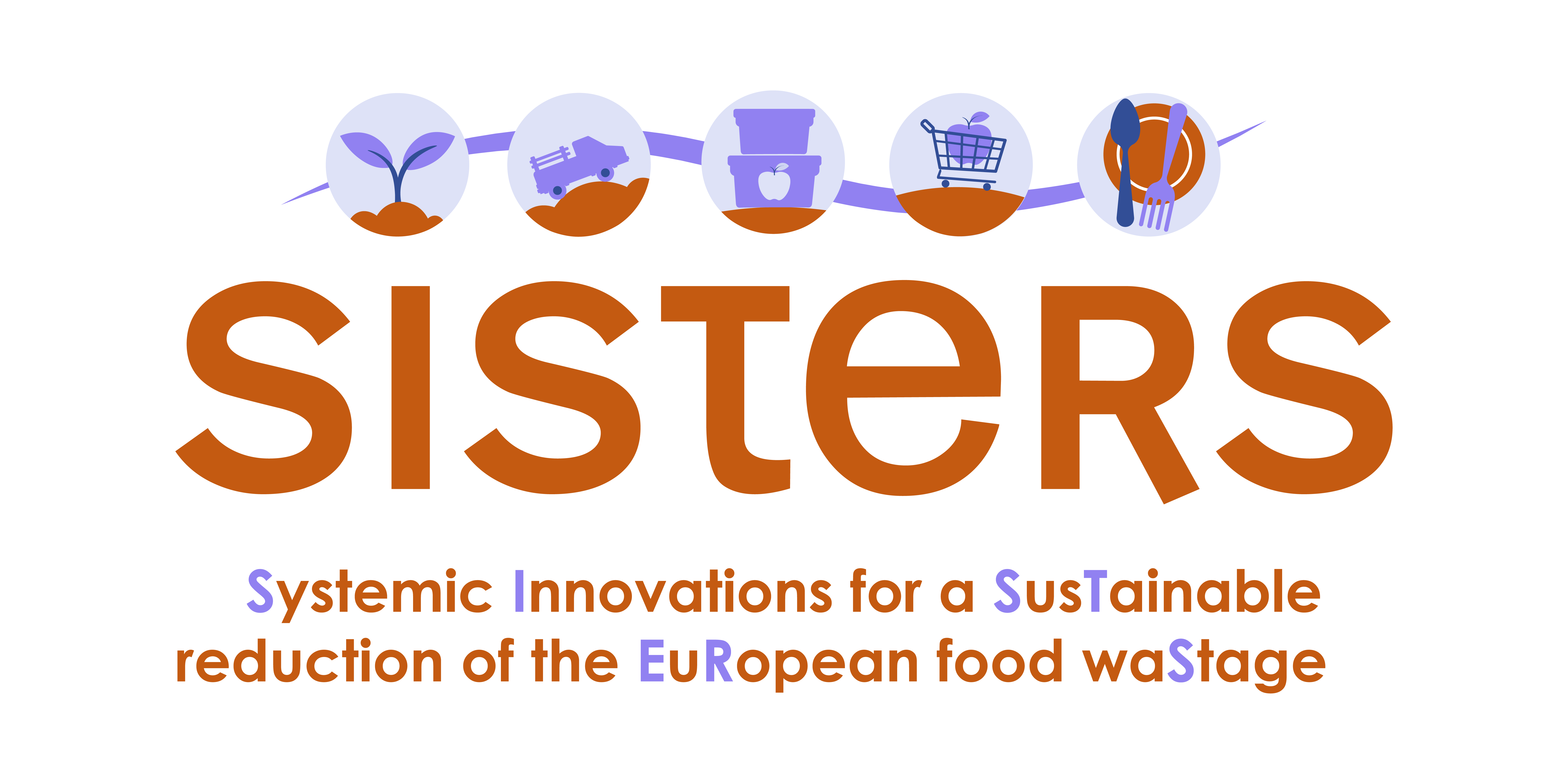
SISTERS: Transforming the Food Industry for a Sustainable Future
In a world where sustainable practices are no longer just buzzwords but essential requirements, the SISTERS project emerges as a beacon of hope for the food industry. This innovative solution places a spotlight on private entities’ actions towards sustainable food commerce and underscores its relevance for both private organizations and public authorities.
A Unifying Vision
SISTERS recognizes that private organizations, including companies, and public authorities are integral to its mission. These entities represent the project’s key stakeholders, with private organizations serving as customers and influential advocates for sustainable development.
Feedback gathered in WP6 from stakeholders within the food value chain reaffirms the project’s core principles. In today’s business landscape, characterized by a global commitment to sustainable development, opportunities abound for businesses seeking to champion ethical and sustainable practices in the food sector. This shift entails a more substantial commitment to responsible and ethical practices across all facets of company operations, manifesting as Corporate Social Responsibility (CSR) coherence.
However, challenges persist, primarily stemming from the conflict between short-term financial-driven business models and longer-term planning with broader social, economic, and environmental objectives. Many businesses, it is noted, only embrace substantive changes when compelled to do so, rather than voluntarily.
The Role of Governments
Stakeholders and partners unanimously agree that governments play a pivotal role in creating an environment conducive to businesses addressing the Sustainable Development Goals (SDGs). Legislative measures are seen as necessary to compel businesses to adopt more socially and environmentally responsible practices. The focus is shifting from CSR reporting for risk management and positive publicity to comprehensive monitoring and evaluation of CSR activities’ impacts and effectiveness.
SISTERS and its partners firmly believe that merely minimizing harm is insufficient. To truly address the challenges, a paradigm shift is needed—transforming the entire food economic system into one that is regenerative, equitable, and operates within planetary boundaries.
The Private Sector as a Catalyst for Change
Over recent decades, a void created by mainstream private sector actors and governments has led to the emergence of countless new ventures and certification schemes, such as Benefit Corporation Certification (BCorps). Many companies and private sector actors now see themselves as partners in achieving sustainable development, realizing that it is not only crucial for their business’s future but also for the planet.
The private sector plays a pivotal role in realizing the SDGs, particularly SDG 17 (partnerships). SISTERS aligns perfectly with stakeholders’ expectations by supporting governments’ efforts to develop a sustainable food private sector. This support extends beyond financing to include innovation, technical knowledge, and human resources. SISTERS anticipates that sustainable development actions will not only benefit society and the environment but also create opportunities for value creation and improve business environments and markets. With trillions of dollars being allocated to the SDGs, responsible companies are poised to find solutions.
The Road Ahead for SISTERS project
The journey for SISTERS is not without its challenges. It requires the formation of a fiscal entity, such as a startup, with public subsidies and private investments playing crucial roles in long-term profitability.







Leave A Comment